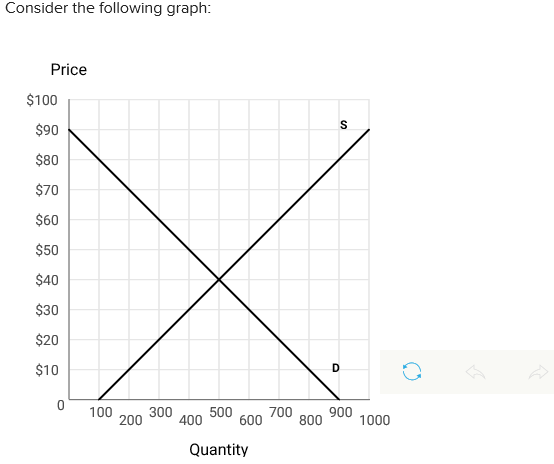Price floors are used by the government to prevent prices from being too low.
Price floor cause shortage or surplus.
However price floor has some adverse effects on the market.
A binding price floor causes.
A shortage happens when there is more of a demand for a good than there is supplied.
A shortage or surplus occurs when the supply for a good or service does not equal demand with shortages causing a general rise in price and surpluses causing prices to fall.
A surplus or a shortage.
Price floor is enforced with an only intention of assisting producers.
Suppose that a binding price floor is in place in a particular market.
The price change continues until a new equilibrium between supply and demand is reached according to the experimental economics center from the andrew young school at georgia state university.
As you can see the quantity supplied or quantity demanded in a free market will correct over time to restore balance.
The most common price floor is the minimum wage the minimum price that can be payed for labor.
Remember changes in price do not cause demand or supply to change.
Price floors are also used often in agriculture to try to protect farmers.
On a graph of the supply and demand curves the supply and demand curve intersect at the equilibrium the point where the quantity.
B a surplus in the market.
C an efficient use of resources.
Does a binding price floor cause a surplus or shortage.
A a shortage in the market.
If price floor is less than market equilibrium price then it has no impact on the economy.
Neither a shortage nor a surplus of farm products.
The floor is the lowest point at which something can be sold without losing money.
Price ceilings and price floors can cause a different choice of quantity demanded along a demand curve but they do not move the demand curve.
A price floor is a type of government intervention that can drastically.
An example of a price ceiling we can use to explain the concept would be rent control.
If the market is deregulated and the price floor is removed.
Price controls can cause a different choice of quantity supplied along a supply.
A price floor is the lowest legal price a commodity can be sold at.
One of the consequences of the minimum wage has been.
A price floor will cause a large surplus when the demand is low and the supply is high.
First a surplus then a shortage of farm products.
Surplus or excess supply.
Similarly any time the price for a good is above the equilibrium level similar pressures will generally cause the price to fall.
Government set price floor when it believes that the producers are receiving unfair amount.

